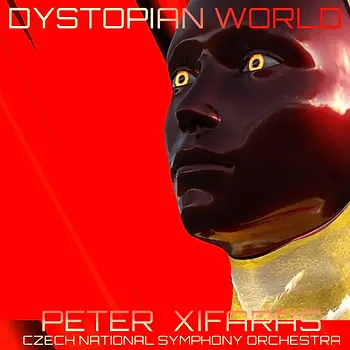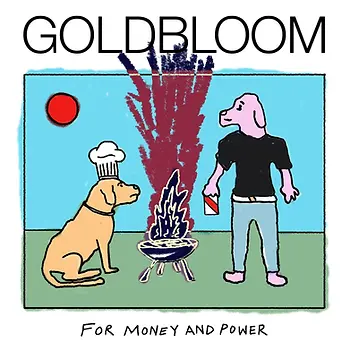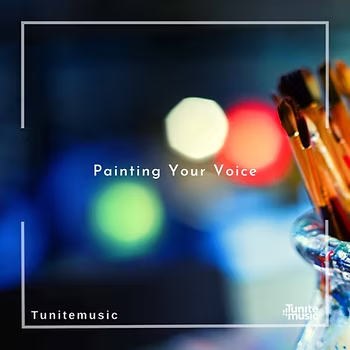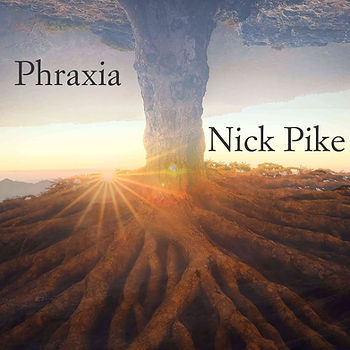
“Dystopian World” by Peter Xifaras is a contemporary classical gem, questioning the world we live in and featuring a worldview influenced by George Orwell’s fictional work “The combination of the videos with surrealistic quality and orchestral music reminded me of the “Qatsi” trilogy, directed by Godfrey Reggio and scored by Philip Glass. Although the music and movie styles in these two works are different, the messages they carry are not far apart. Both works encourage the audience to think about the world in a new way.

In “Dystopian World”, not unlike “Naqoyqatsi”, the main focus is on the contemporary world and the relationship between humans and machines. A world with the promise of freedom and equality, while the reality underneath might be something else.
The fifth piece in the album, titled “Brave New World”, has a somber and tragic atmosphere, unlike what its name suggests. This makes me think that Peter Xifaras has been influenced by Aldous Huxley and his incredible novel of the same name, where the beautiful and dystopian world is just a hollow promise and people are under constant surveillance. Yet another sign of the depth of the concept behind this incredible album.
“Dystopian World” on the surface is also a beautiful, enjoyable classical album in the realm of program music, where the composer is a writer, telling their story with musical notes rather than words. The perfect performance by the Czech National Symphony Orchestra featuring guest violinist Xander Nichting has made this album a masterpiece that even without diving into the concept of the album, the audiences can enjoy listening to it.
With “Dystopian World”, you get everything: incredibly beautiful music, amazing orchestration, dramatic storytelling, and a deep concept. From the first track “Tears of Humanity” to the last piece “Dystopia”, this album is a non-stop masterpiece.
My advice is to not just listen to this album, but to watch it with the videos to get a clearer sense of the relationship between the music and its concept.
The 7 tracks explore the themes outlined in 1984’s Orwellian world:
- Tears of Humanity: War is Peace, Freedom is Slavery, Ignorance is Strength.
- DeHumanization: But if thought corrupts language, language can also corrupts thought.
- Death Clock: The most effective way to destroy people is to deny and obliterate their own understanding of their history.
- Conscience of Humanity: In a time of deceit, telling the truth is a revolutionary act.
- Brave New World: Who controls the past controls the future. Who controls the present controls the past.
- Dreams of a Utopian World: Don’t let it happen. It’s up to you.
- Dystopia: The power of holding two contradictory beliefs in one’s mind simultaneously, and accepting both of them.
#DystopianWorld #PeterXifaras #ContemporaryClassical #1984 #GeorgeOrwell #QatsiTrilogy #GodfreyReggio #PhilipGlass #Naqoyqatsi #AldousHuxley #BraveNewWorld #CzechNationalSymphonyOrchestra #XanderNichting #ProgramMusic #ClassicalMasterpiece #SurrealMusic #DramaticStorytelling







